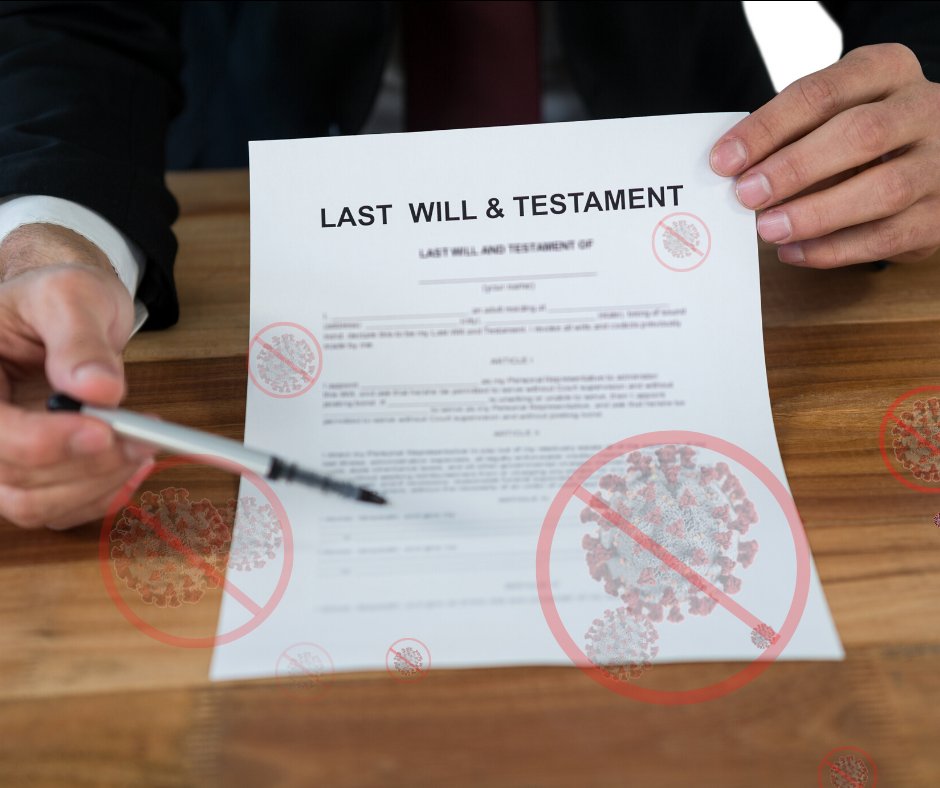5 estate plan changes to make in the wake of COVID-19
We wrote recently about the uptick in estate planning in the days after COVID-19 breached Wisconsin borders, but we didn’t talk about estate plan changes you should consider that are specific to the pandemic. If you’ve already done your estate planning (actually, even if you haven’t), this blog is for you as it highlights changes you should consider now that the coronavirus has bulldozed its way through life as we know it.
Make these COVID-19-specific changes to your estate plan now
While we always advise you to assess your estate plan after any significant life changes — marriage, divorce, death of a family member or birth of a new one — we also remind you to double-check beneficiary designations on insurance policies and retirement plans because those will always trump the names you list in your will.
But with the rise of COVID-19, we encourage you to consider these particular changes that may be as novel as the virus itself.
1. Rethink your living will.
Living wills are usually an element in health care powers of attorney. While a health care power of attorney designates someone to make medical decisions for you if you can’t make them for yourself, a living will outlines your wishes concerning medical treatment. In our living wills, many of us prohibit intubation or placement on a ventilator, but in the case of COVID-19, intubation and ventilation are precisely the means to recovery for many. You may want to review what you have in your living will and adjust accordingly.
2. Expand your health care power of attorney.
In many cases, health care powers of attorney are carried out face-to-face — a spouse onsite authorizing a physician to intubate, for example. But in our new world, spouses aren’t allowed to accompany patients, and neither is anyone else. That makes now a smart time to expressly authorize electronic communications between the health care provider and your representative.
3. Identify a short-term guardian.
Many cases of COVID-19 occur within families, so if you have minor children, it could be a good idea to designate (and provide resources for) a short-term guardian should both parents acquire the disease. Recovery will take time, and time away from the children can protect them from falling ill as well.
4. Consider transferring assets now.
With a depressed market and depreciated assets, you (or your heirs) may be able to save thousands of dollars in taxes if you transfer assets now. You can give the gifts outright or leverage them through establishing a trust. Trusts come in many different forms and with many options for how you and your heirs can access and use the funds placed within them.
5. Distribute copies of essential documents.
If you update any of your estate planning documents (or perhaps even if you don’t), be sure to advise and provide copies to anyone you’ve named as a proxy or guardian for your children. And definitely give an updated copy of your health care power of attorney to your medical provider.
Take steps now to pandemic-proof your estate plan
Updating your estate plan will give you one less thing (or should we say five less things) to worry about during these troublesome times. If you have any questions about modifying your estate plan, call Johns, Flaherty & Collins. We have a team of attorneys concentrating on estate planning law who can guide you through all your options and help you make the choices best suited for you.

